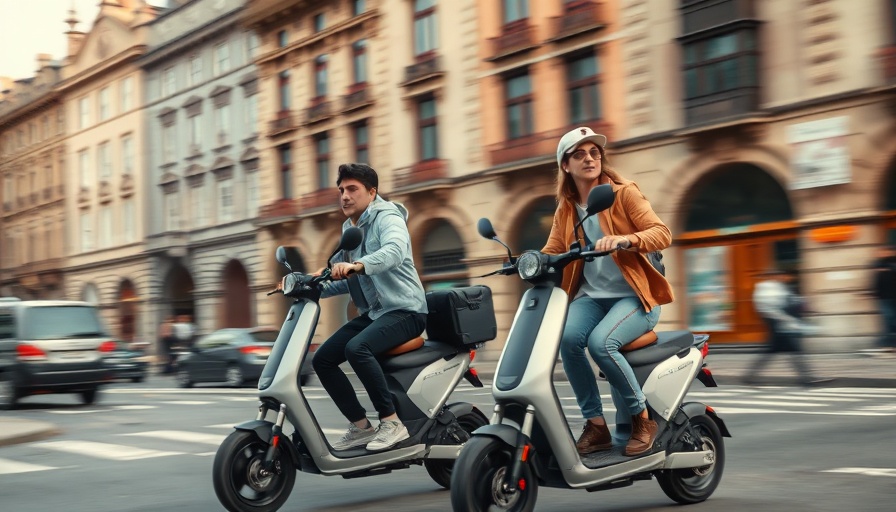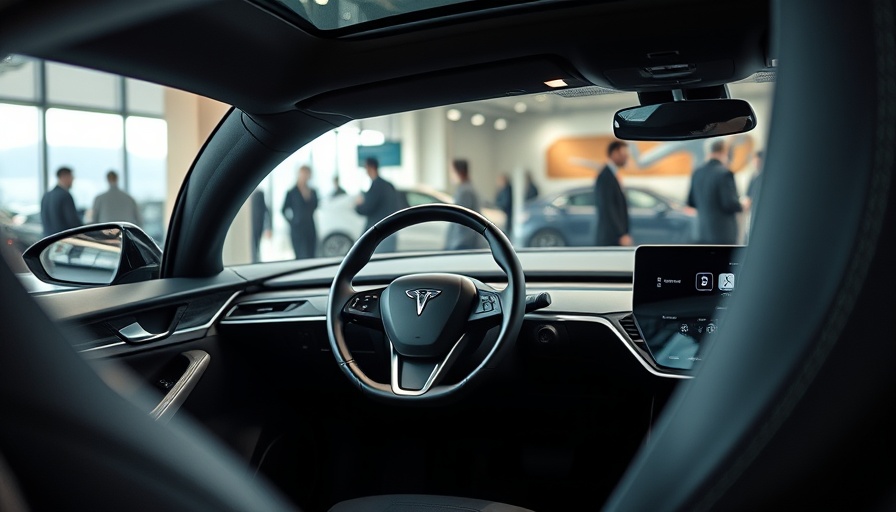
Are Electric Scooters Truly Sustainable?
As urban landscapes evolve, electric scooters by brands like Lime and Bird have become a common sight, positioned as eco-friendly alternatives to conventional transportation. However, beneath their green veneer lies a complex environmental narrative that is far from straightforward.
The Evolution of Scooter Usage: From Boom to Maturity
Since their launch in U.S. cities in 2018, electric scooters have transformed urban transit options. With 38.5 million trips in their inaugural year, they swiftly outperformed traditional bike-sharing models, thanks to the introduction of around 85,000 scooters compared to just 57,000 bikes. This surged to an astounding 136 million rides in 2019, though numbers dipped amid the pandemic. By 2023, the popularity of scooters rebounded, marking 133 million trips within the U.S. and an impressive 157 million across North America.
Rethinking Green Credentials
While shared electric scooters promise a green alternative, their environmental impact requires careful consideration. The manufacturing process, material sourcing, and battery disposal have significant carbon footprints that can overshadow their benefits. It's important for hospitality professionals and eco-conscious entrepreneurs to critically assess these factors when promoting sustainable transport options to their clientele.
Optimizing Urban Mobility: Lessons for Boutique Hospitality
For small hotel owners and eco-lodge operators, understanding the mechanics of scooter usage offers valuable lessons on sustainable transportation. In 2023, 64% of micromobility trips were made on electric scooters or bikes, with operational costs associated declining slightly. This indicates a more focused approach to managing resources, encouraging smaller businesses to adopt similar principles in their daily operations.
Future Trends: Navigating Challenges and Innovations
Going forward, the electric scooter market is expected to continue its growth trajectory, but with greater emphasis on responsible practices. As operators advance towards greener operational models—including using electric vehicles for charging and rebalancing scooters—sustainable home design, energy efficiency, and other eco-friendly practices will need to become integral parts of their business strategies.
Embracing a Broader Sustainability Narrative
Combining electric scooters with zero-waste practices and eco-friendly gardening initiatives can bolster a brand’s commitment to sustainability. As boutique hospitality professionals, fostering connections between transportation, sustainable gardening, and waste reduction efforts can create a holistic eco-conscious experience for guests.
The nuances of electric scooters challenge the perception of convenience and sustainability. By engaging critically with how services are utilized and integrated, we can pave the way for more responsible urban mobility solutions and position our businesses as true stewards of environmental sustainability.
 Add Row
Add Row  Add
Add 




Write A Comment